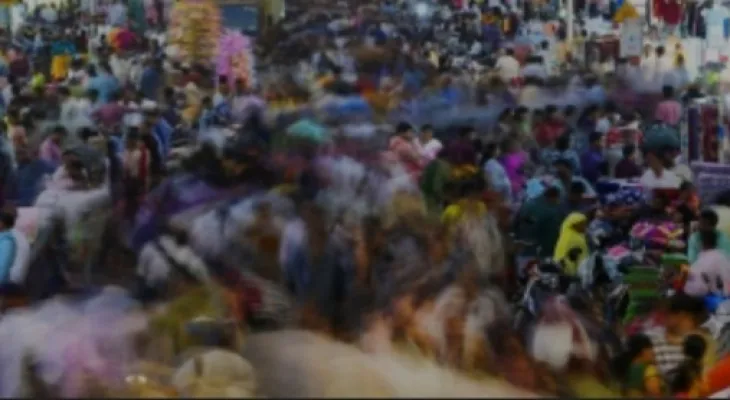Search here
Newspaper
Search here

Arab Canada News
News

Published: November 15, 2022
The world population is likely to reach an estimated 8 billion people on Tuesday, according to United Nations projections, with a large part of the growth coming from developing countries in Africa including Nigeria, where resources are already stretched to the limit. More than 15 million people in Lagos compete for everything from electricity to lighting their homes to spots on crowded buses, often for two hours each way in this sprawling mega-city.
Over the next three decades, the population of the West African nation is expected to rise further: from 216 million this year to 375 million, according to the United Nations, which will make Nigeria the fourth largest country in the world by population after India, China, and the United States.
Also, the upward trend threatens to leave more people in developing countries behind, as governments struggle to provide enough classrooms and jobs for a rapidly growing number of young people, and food insecurity becomes a more urgent issue.
Nigeria is among eight countries the United Nations says will account for more than half of the world's population growth from now until 2050 - along with fellow African countries Congo, Ethiopia, and Tanzania.
The United Nations report said: "The population of many countries in sub-Saharan Africa is expected to double between 2022 and 2050, placing additional pressure on already strained resources and difficult policies aimed at reducing poverty and inequality."
It also predicted the world population would reach about 8.5 billion in 2030, 9.7 billion in 2050, and 10.4 billion in 2100.
Among the other countries completing the list of the fastest-growing populations are Egypt, Pakistan, the Philippines, and India, which is expected to overtake China to become the world's most populous country next year.
Rapid population growth also means more people competing for scarce water resources and more households facing hunger as climate change increasingly affects crop production in many parts of the world.
Comments